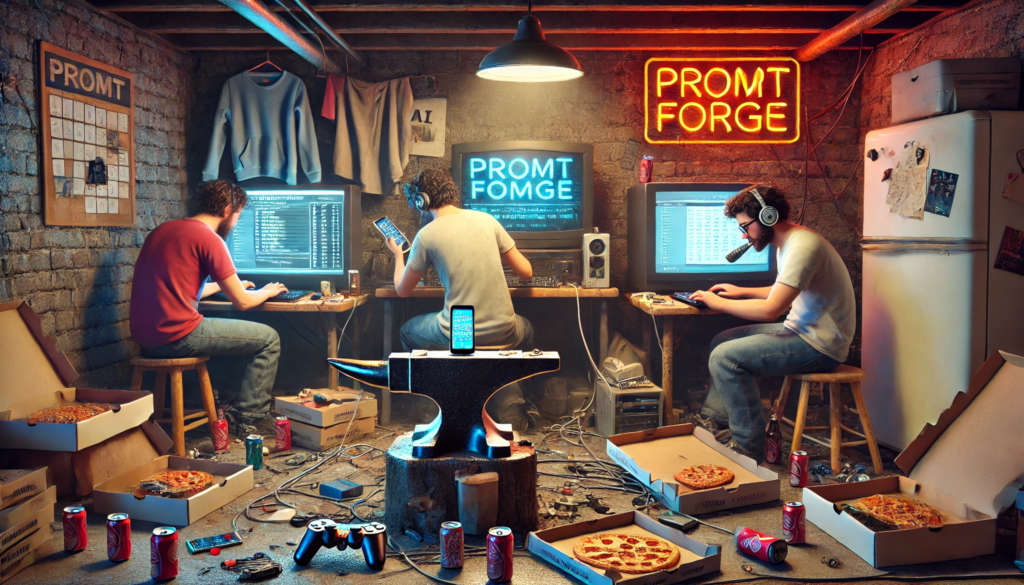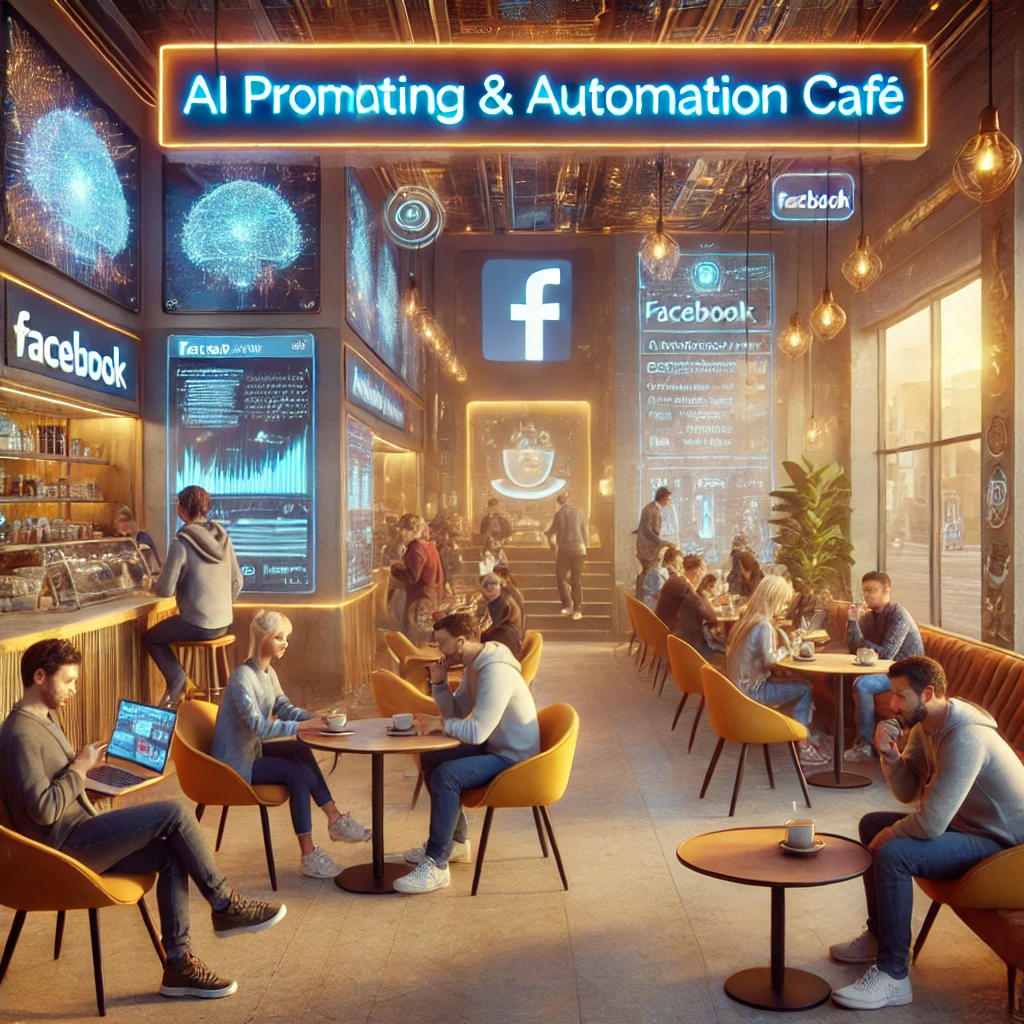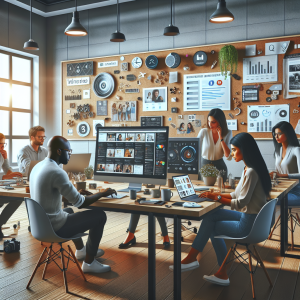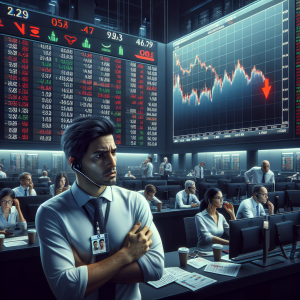The AI Revolution in Hotel Digital Marketing
As the hospitality industry steps into 2025, one thing is clear: artificial intelligence (AI) is no longer a futuristic concept—it’s a transformative force. Hotels are increasingly embracing AI-powered tools to streamline digital marketing processes, personalize guest interactions, and drive direct bookings. The result? Smarter campaigns, improved guest experiences, and better ROI for hotel marketers.
This comprehensive shift isn’t just about keeping up with technology; it’s about staying competitive in an evolving travel landscape where data-driven decision-making and real-time personalization are essential. Here’s how AI is reshaping hotel digital marketing strategies in 2025.
The Growing Role of AI in Hotel Marketing
AI technology has matured, moving beyond simple chatbots and automated emails. Today, hotels are leveraging advanced machine learning models and big data analytics to understand customer behavior, predict booking patterns, and personalize every touchpoint in the guest journey.
1. Hyper-Personalized Guest Experiences
In 2025, one-size-fits-all marketing is a thing of the past. AI allows hotels to deliver hyper-personalized content by analyzing vast amounts of guest data—from previous stays and booking preferences to browsing behavior on websites and social channels.
Benefits of personalization supported by AI:
- Customized offers: AI tools generate promotions tailored to individual guest profiles.
- Dynamic pricing: Based on real-time demand and customer data, AI can adjust pricing strategies automatically.
- Smart recommendations: Hotels can offer activity suggestions, room upgrades, and more—directly aligned with guest interests.
By tapping into this level of personalization, hotels aren’t just improving their marketing campaigns—they’re winning long-term loyalty.
2. Predictive Analytics for Smarter Campaigns
Predictive analytics, driven by AI, is changing how hoteliers approach their campaigns. Rather than relying on historical data alone, AI tools forecast future booking trends, seasonal demand, and customer lifetime value.
How predictive analytics is optimizing hotel marketing:
- Identifying high-value guests: AI models can predict which guests are most likely to book premium services or become brand advocates.
- Budget optimization: Marketing budgets can be shifted in real-time toward higher-performing channels or campaigns.
- Campaign timing: AI evaluates the best time to launch specific campaigns for maximum engagement and conversions.
By leveraging these insights, hotels are reducing marketing waste while significantly improving ROI.
AI-Powered Automation: Saving Time and Maximizing Impact
Automation remains one of the most impactful applications of AI in hotel digital marketing. In 2025, repetitive tasks such as email marketing, social media scheduling, and ad placement are managed almost entirely by intelligent systems.
1. Smarter Email Campaigns
While email marketing is still highly effective, AI has taken it to the next level. Using machine learning algorithms, hotels can now send emails that are perfectly timed and contain messaging that resonates with each recipient.
Key improvements to email marketing with AI:
- Natural language generation (NLG): AI writes subject lines and email copy that adapt to users’ personalities and preferences.
- A/B testing at scale: Thousands of content variations can be tested simultaneously for optimal engagement rates.
- Triggered automation: Emails can be automatically sent based on behavioral triggers like website visits or cart abandonment.
Hotels are seeing open rates and conversions soar as a result of these smart, hands-free campaigns.
2. AI-Enhanced Advertising and Retargeting
AI is revolutionizing the way hotels approach online advertising. Traditional PPC campaigns are being replaced by programmatic advertising platforms that use machine learning to continuously optimize ad placements, targeting, and messaging.
How AI is enhancing hotel advertising:
- Audience segmentation: AI can segment audiences far more accurately than manual methods, resulting in highly relevant ads.
- Budget precision: Every advertising dollar is tracked and allocated for peak performance based on conversion likelihood.
- Real-time retargeting: Guests who abandon bookings are retargeted instantly with dynamic, personalized ads.
With AI in the driver’s seat, hotels no longer need to rely on guesswork when it comes to digital ad performance.
Voice and Visual Search Optimization
Today’s travelers are increasingly using voice-activated devices like Amazon Alexa or Google Assistant to research travel, book accommodations, and check availability. Hotels have to optimize for this shift in search behavior or risk losing visibility.
1. Optimizing for Voice Search
AI tools help hotels restructure their SEO strategies to align with how users speak rather than type. This includes using natural, conversational phrases and answering direct questions in website content.
Voice search optimization strategies include:
- Featured snippets: Structuring content to appear in voice search results via Google snippets.
- Conversational keywords: Integrating long-tail and location-specific keywords into web copy.
- AI-based SEO tools: Platforms like SEMrush and BrightEdge now utilize AI to optimize content for voice-first indexing.
Hotels that adapt to voice search gain a significant advantage in local and mobile search rankings.
2. Visual Search and AI Imaging
Visual search tools powered by AI allow potential guests to snap a photo of a vacation destination or room style and find comparable hotels. AI image recognition boosts discoverability for hotels that invest in visual search optimization.
Enhancing visibility through visuals:
- Tagging and SEO-friendly images: Hotels optimize photos with AI-driven tagging for search algorithms.
- Virtual tours and AR previews: AI-powered virtual experiences increase booking confidence and conversion.
As Gen Z and millennials favor image-centric searches, visual AI will become crucial for forward-thinking hotel brands.
AI Chatbots and Conversational Marketing
AI-powered chatbots have evolved significantly in 2025, serving as intelligent virtual concierges capable of handling complex queries and creating seamless pre-booking experiences.
What modern AI chatbots can do:
- 24/7 customer support: Guests get instant responses to inquiries, speeding up booking decisions.
- Multilingual communication: AI bots can communicate in multiple languages fluently and naturally.
- Cross-platform integration: Bots can engage guests on hotel websites, Facebook Messenger, WhatsApp, and more.
This enhanced responsiveness leads to higher guest satisfaction and increased direct bookings.
Preparing for the Future: Embracing AI in Hotel Marketing
AI is no longer a luxury for hotel marketers—it’s a necessity. As technology continues to evolve, embracing AI tools allows hotels to create tailored guest experiences, increase brand loyalty, and significantly boost marketing efficiency.
Key takeaways for 2025 digital marketing success:
- Leverage AI data and analytics: Make data-driven decisions across your entire marketing strategy.
- Invest in automation: Use AI to handle repetitive tasks and free up teams to focus on strategy.
- Adopt conversational and visual tech: Be ahead of the curve by embracing how modern travelers search and engage.
- Test and refine continuously: Use AI’s speed and scale to experiment and iterate for the best results.
As we advance deeper into the AI age, hotels that align their digital marketing strategies with intelligent automation and predictive personalization will thrive. From improving guest engagement to reducing cost per acquisition, AI is a game-changer in every sense.
It’s time for hotels to move beyond traditional marketing tactics—and into a smarter, more connected future.






